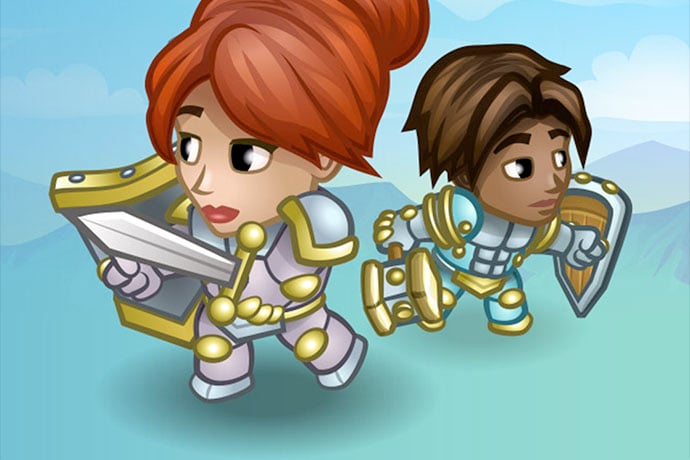Recently on Twitter I came across a wonderful matrix created by Nikolas Chatzopoulos, a teacher, that listed coding and STEAM tools organized by grade level. This magazine collects often hard to find resources and the matrix included a few tools I’d not heard about, as well as a number of tools listed on the magazine resource pages. With Nikolas’ blessing, I’ve expanded his matrix and added URLs.
The table below, from the August 2016 print magazine, lists board and card games that teach basic computer science and programming concepts. While most are real world games, some are online services.

The complete table with all tools, what Nikolas collected with my additions (and the URLs), are online at the link below. If you don’t see your favorite coding or STEAM tools in this table or the master matrix, you’re welcome to email us a link and any details at .
Learn More
Coding and STEAM Tools
https://kidscodecs.com/steam-tools
Coding and STEAM Tools: Board and Card Games
A PDF of the chart published in the August 2016 issue of the magazine.
https://kidscodecs.com/coding-steam-tools-2016-08
Nikolas Chatzopoulos Matrix
https://twitter.com/chatzopoulosn/status/742509403258130433
Nikolas Chatzopoulos
https://twitter.com/chatzopoulosn
http://techtrends4teachers.blogspot.com/

